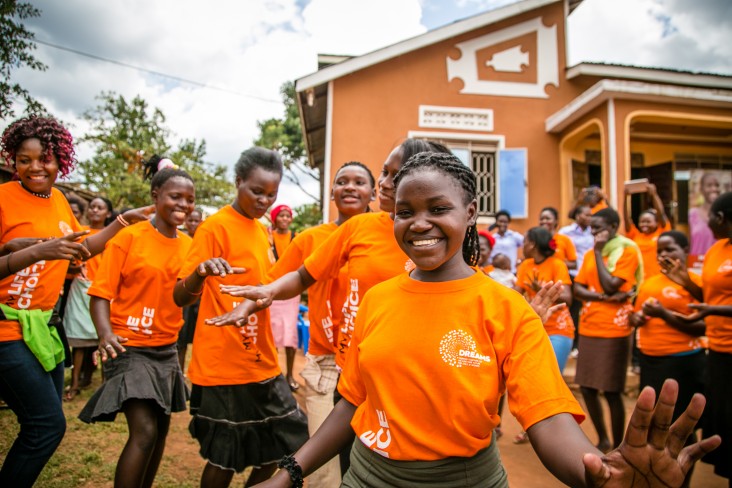Speeches Shim

The United States is the largest single donor providing health aid to Uganda. USAID’s health assistance in Uganda focuses on HIV/AIDS and tuberculosis (TB); malaria prevention and treatment; family health, which includes maternal and child health; family planning; nutrition; water and sanitation; emerging pandemic threats; and health systems strengthening.
HIV/AIDS AND TB
Uganda is a focus country for the U.S. President’s Emergency Plan for AIDS Relief (PEPFAR). USAID works with partners to deliver high-impact, evidence-based HIV prevention, care and treatment interventions to those infected with and affected by HIV/AIDS, including orphans and vulnerable children. Uganda is targeted to reach epidemic control of HIV by 2020. USAID also provides critical support to Uganda’s national TB program and integrates TB services with other health and HIV/AIDS programs. USAID programs focus on raising case detection and treatment success rates to 90 percent. USAID is the lead partner supporting the Government of Uganda’s expansion of multi-drug resistant TB treatment and preventive therapy to persons living with HIV.
MALARIA
Uganda is a focus country for the U.S. President’s Malaria Initiative (PMI). PMI aims to reduce malaria-related deaths to one-third of 2015 levels by promoting proven approaches such as indoor residual spraying, insecticide-treated nets, intermittent prevention of malaria in pregnancy, early and correct diagnosis of malaria, and prompt and appropriate treatment.
EMERGING PANDEMIC THREATS
USAID joins U.S. Government interagency partners under the Global Health Security Agenda (GHSA) to strengthen Uganda’s capacity to prevent, detect, and respond to human and animal infectious disease threats. The GHSA operates under a One Health approach, which collaborates between physicians, veterinarians, ecologists and others to monitor and control public health threats and to learn about how diseases spread among people, animals and the environment.
FAMILY HEALTH
Uganda is a focus country for preventing maternal and child death. USAID works to improve health for children under 5 and women of reproductive age by scaling up high-impact, evidence-based interventions and address barriers that prevent women from accessing health services. As part of the Feed the Future Initiative, USAID integrates nutrition programs with economic growth and agriculture programs. Because a majority of Uganda’s diseases are caused by poor hygiene and sanitation, these nutrition programs include water, sanitation and hygiene interventions.
To address the challenges that come with a rapidly-growing population, USAID works with a variety of stakeholders in the public and private sectors to support voluntary family planning and reproductive health, and works closely with the Ministry of Health to increase the availability, affordability, and quality of voluntary family planning services within the public health system.
HEALTH SYSTEMS STRENGTHENING
USAID approach to health systems strengthening prioritizes specific focus areas with the most potential to affect sustainable change. Investments focus on overall service delivery and improved programmatic outcomes in HIV, maternal and child health, malaria, family planning, WASH and nutrition, while addressing accountability, efficiency, and reducing financial risk to the Ugandan population.


Comment
Make a general inquiry or suggest an improvement.